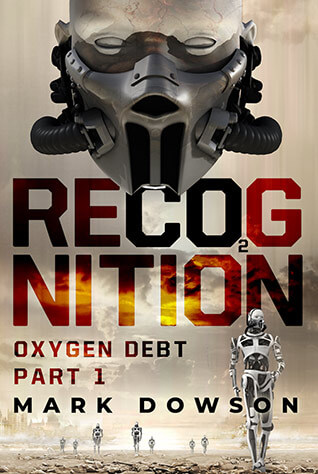Flowers for Alergnon by Daniel Keyes – Uplift, Psychological Sci-Fi – The core theme of mental health affecting the protagonist and how his mental health can actually help and increase his natural gift of creativity.
The Time Machine by HG Wells – Time travel, Dystopian – The time travel theme, and Capitalism versus Socialism in the present and in the future theme, and the evolution of technology and the environment in the future theme.
Do Androids Dream of Electric Sheep by Philip Dick – Philosophical Sci-Fi – The antagonist shape-shifting androids evolving into machines which develop creative thinking theme.
A Canticle for Leibowitz by Walter M. Miller Jr. – Philosophical Sci-Fi – The religious theme. The time travel portal theme. The nuclear disaster theme. The evolution of science and technology to save the planet in the future theme.
The Da Vinci Code by Dan Brown – Conspiracy Fiction, Mystery – The antagonists and advocates chasing the protagonist theme, and the protagonist trying to decipher hidden messages in religious drawings theme.
The living and the dead by Pierre Boileau and Thomas Narcejac – (Also known as an adapted film – Vertigo) Crime fiction – The assassination theme, the love theme and the shape-shifting disguise theme between the protagonist and his accomplice. Makes the reader think that Grazia his accomplice could be the main antagonist after all in disguise, who is set out to steal his ideas not to write about them as a journalist.
Other dystopian sci-fi trilogies such as The Maze runner files, The Hunger Games, have inspired my story to become a trilogy.
Other sci-fi titles such as; Timescape – Gregory Benford (Time travel, Dystopia), Looking Backward – Edward Bellamy (Utopian Sci-Fi), The Lathe of Heaven – Ursula Le Guin (Psychological and Philosophical Sci-fi), Left Hand of Darkness – Ursula Le Guin (Future Gender Sci-Fi – Androgyny in AI theme), 11.22.63 – Stephen King (Time travel Sci-Fi, Alternate history, Suspense, Crime) and The Matrix – Philosophical SCI-FI movie.

